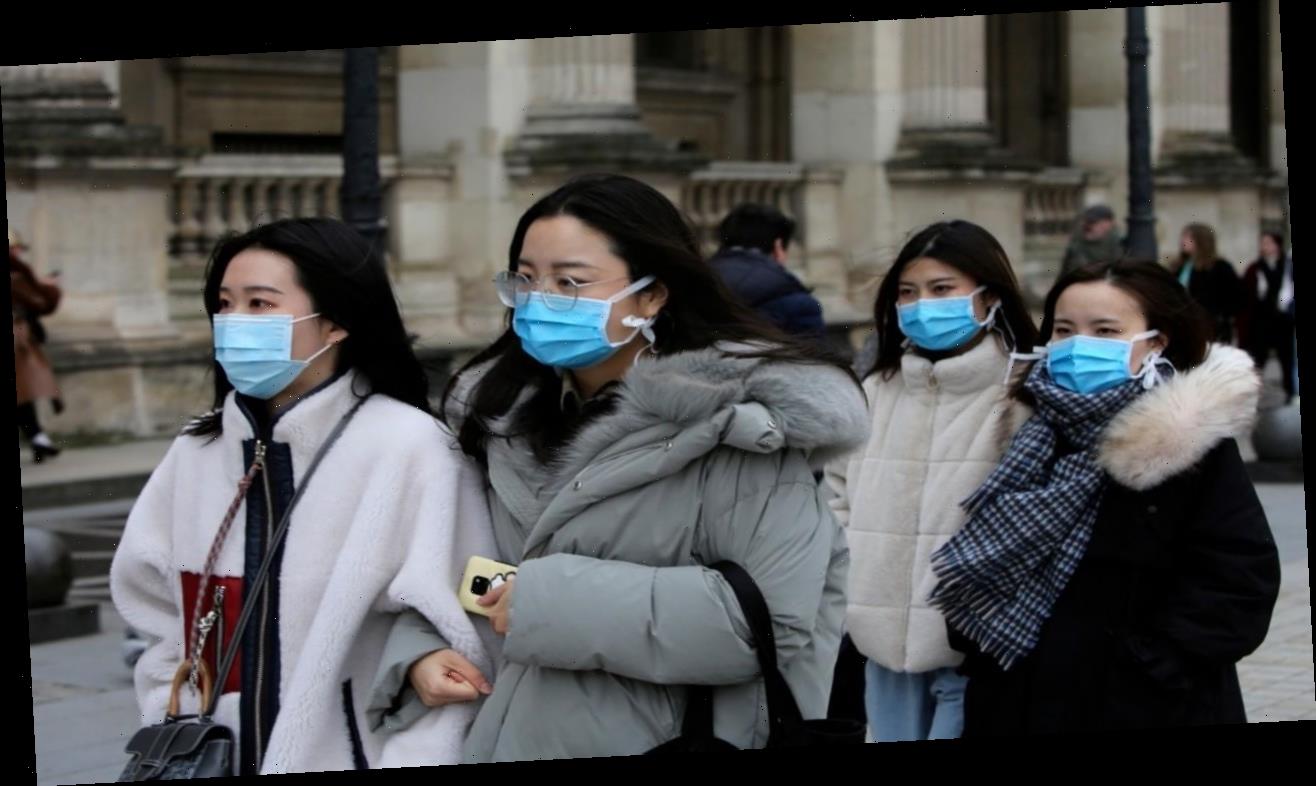How the coronavirus spreads
Fox News medical contributor Dr. Marc Siegel discusses how the coronavirus is being spread and how affected areas are preparing to contain it.
As scientists across the world scramble to contain the coronavirus outbreak, top public health officials in the U.S. have warned Americans to prepare for the spread of the deadly virus in communities across the country.
Continue Reading Below
"It's not so much a question of if this will happen anymore but rather more a question of exactly when this will happen and how many people in this country will have severe illness," Dr. Nancy Messonnier, the head of the National Center for Immunization and Respiratory Diseases at the Centers for Disease Control and Prevention, said at the end of February.
The seemingly inevitable spread of the virus, however, has raised questions about how well equipped the U.S. health care system is to handle a possible pandemic — a fact that Democratic presidential candidate Bernie Sanders and other Medicare-for-all advocates used to highlight the need for universal health coverage.
“I can’t tell you how many times the people who handle your food – who are already overworked & underpaid – show up sick to work because our country refuses to guarantee healthcare or paid sick leave,” New York Rep. Alexandria Ocasio-Cortez, a former bartender, wrote on Twitter.
A viral story in the Miami Herald last month called attention to how the U.S. health care system could exacerbate a potential coronavirus outbreak: Osmel Martinez Azcue developed flu-like symptoms after a recent trip to China so he went to the hospital; though he tested positive for the flu, not coronavirus, Martinez-Azcue was left with a $3,270 medical bill. (The Herald later reported that hospital officials said he will only be responsible for $1,400, thanks to his limited insurance plan).
"How can they expect normal citizens to contribute to eliminating the potential risk of person-to-person spread if hospitals are waiting to charge us $3,270 for a simple blood test and a nasal swab?" Azcue told the Herald.
SANDERS USES CORONAVIRUS OUTBREAK TO MAKE CASE FOR MEDICARE-FOR-ALL
The virus, which causes a disease called COVID-19, has killed close to 3,800 people, with about 109,000 cases reported worldwide, mostly in China. So far, there have been a total of 539 confirmed cases of coronavirus in the U.S. across 34 states and 22 deaths.
"We are asking the American public to work with us to prepare with the expectation that this could be bad," Messonnier said.
But according to a 2018 study published by the West Health Institute and NORC at the University of Chicago, 44 percent of Americans have admitted to skipping a recommended medical test or treatment because of the cost.
And in the past two years, the number of Americans without health insurance has increased, amid the Trump administration’s legal attacks on the Obama-era Affordable Care Act, according to the Kaiser Family Foundation. There are at least 27.9 million nonelderly individuals in the U.S. who lack insurance. A number of Americans said they don’t receive health care via their jobs, and one in five said they can’t afford it. Uninsured people are less likely than those with insurance to receive preventative care and services for major health conditions and chronic diseases.
“One of the disadvantages the U.S. has in trying to tackle COVID-19 is that many people avoid going to see a health care provider because they are worried about the cost,” Gavin Yamey, professor of global health and public policy at Duke University, told Quartz. “You absolutely want people in this situation to be going to see a health provider.”
NUMBER OF UNINSURED AMERICANS RISES FOR FIRST TIME IN A DECADE
The U.S. health care system is the most expensive in the world, and its cost far surpasses that of other high-income nations, according to a 2019 report from the Organization for Economic Co-operation and Development. America spends about $1 trillion more than Switzerland, the second-most expensive system — meaning U.S. households spend roughly $8,000 more than their Swiss counterparts.
Even though it spends an astronomical amount on health care, the U.S. has the lowest life expectancy and the highest infant mortality rates, compared to the U.K., Canada, Germany, Australia, Japan, Sweden, France, Denmark, the Netherlands and Switzerland, according to a JAMA study.
Matthew K. Wynia, a doctor and the director of the University of Colorado’s Center for Bioethics and Humanities told the Daily Beast that anxiety about incurring massive expenses is the opposite of what is wanted with the emergence of a potential pandemic.
“In the context of a public health emergency, you want everyone to be able to access the healthcare system,” he said. “You don’t want people with a contagious illness deciding, ‘I’m too afraid.’”
Wendell Potter, a former vice president at Cigna turned Medicare-for-all advocate, likewise argued on Twitter that America’s health care system will exacerbate the outbreak by “denying sick people care & making it unaffordable for many.”
GET FOX BUSINESS ON THE GO BY CLICKING HERE
“People without insurance (28 million of us) often skip needed care. With coronavirus, this means potentially-infected people won't seek testing, let alone treatment – which also means an infected person who goes untreated could help spread the disease to many others,” he wrote. “Second: Folks with insurance but who have plans with high deductibles & copays, often delay needed care because they can't afford to see a doctor. This would *also* delay diagnosis of Coronavirus — and could result in dozens of new cases of the disease.”
Deductibles, or the amount Americans pay for health care services before insurance kicks in, reset on Jan. 1.
Source: Read Full Article
